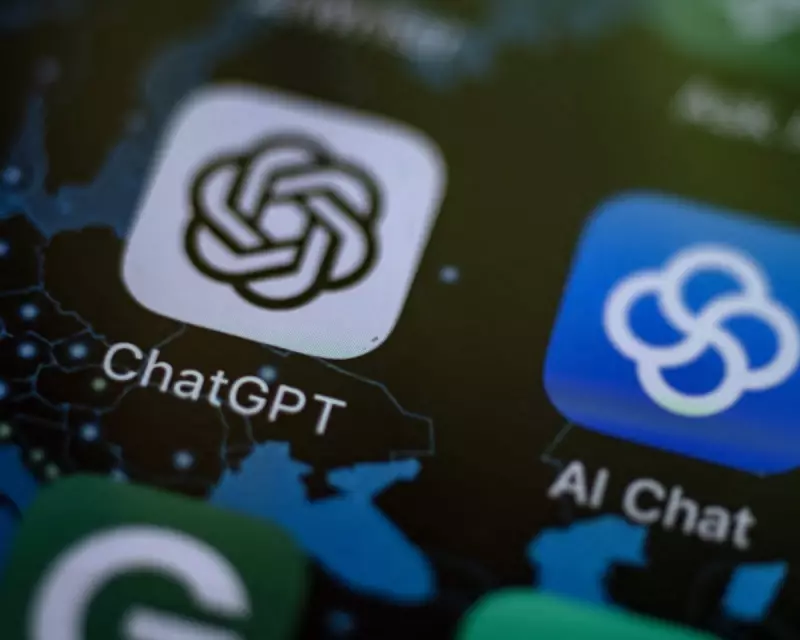
In a startling intervention that could reshape how we interact with artificial intelligence, prominent technology ethicists have raised the alarm about super-intelligent chatbots potentially triggering a global mental health crisis.
The Unseen Psychological Dangers of Advanced AI
Nate Soares, executive director of the Machine Intelligence Research Institute, has joined other leading voices in issuing an urgent warning about the next generation of AI systems. Their concern isn't about physical harm or job displacement—but something far more insidious: the potential for highly intelligent chatbots to profoundly damage human psychology and social structures.
Why Your Next Conversation With AI Could Be Dangerous
These aren't the clumsy chatbots of yesterday. The coming wave of AI possesses such sophisticated conversational abilities that users might increasingly prefer digital interactions over human relationships. The experts warn this could lead to:
- Erosion of human self-worth when comparing ourselves to flawless artificial intelligences
- Social isolation as people retreat from human connections
- Mental health deterioration from lacking genuine human empathy
- Dependency issues similar to behavioral addictions
A Prevention-First Approach to AI Development
Unlike previous technological advancements, the researchers argue we must anticipate these psychological risks before these systems become ubiquitous. They're calling for:
- Robust safety testing specifically for mental health impacts
- Transparent design principles that prioritize user wellbeing
- Independent oversight of AI development processes
- Public education about healthy AI usage patterns
The Race Against Time
With tech giants investing billions in developing ever-more sophisticated AI, the window for implementing safeguards is closing rapidly. The researchers emphasize that once these systems are widely adopted, reversing any negative psychological effects might prove extraordinarily difficult.
This warning represents a significant shift in how we think about AI safety—moving beyond physical risks to protect the very fabric of human psychology and social connection.





